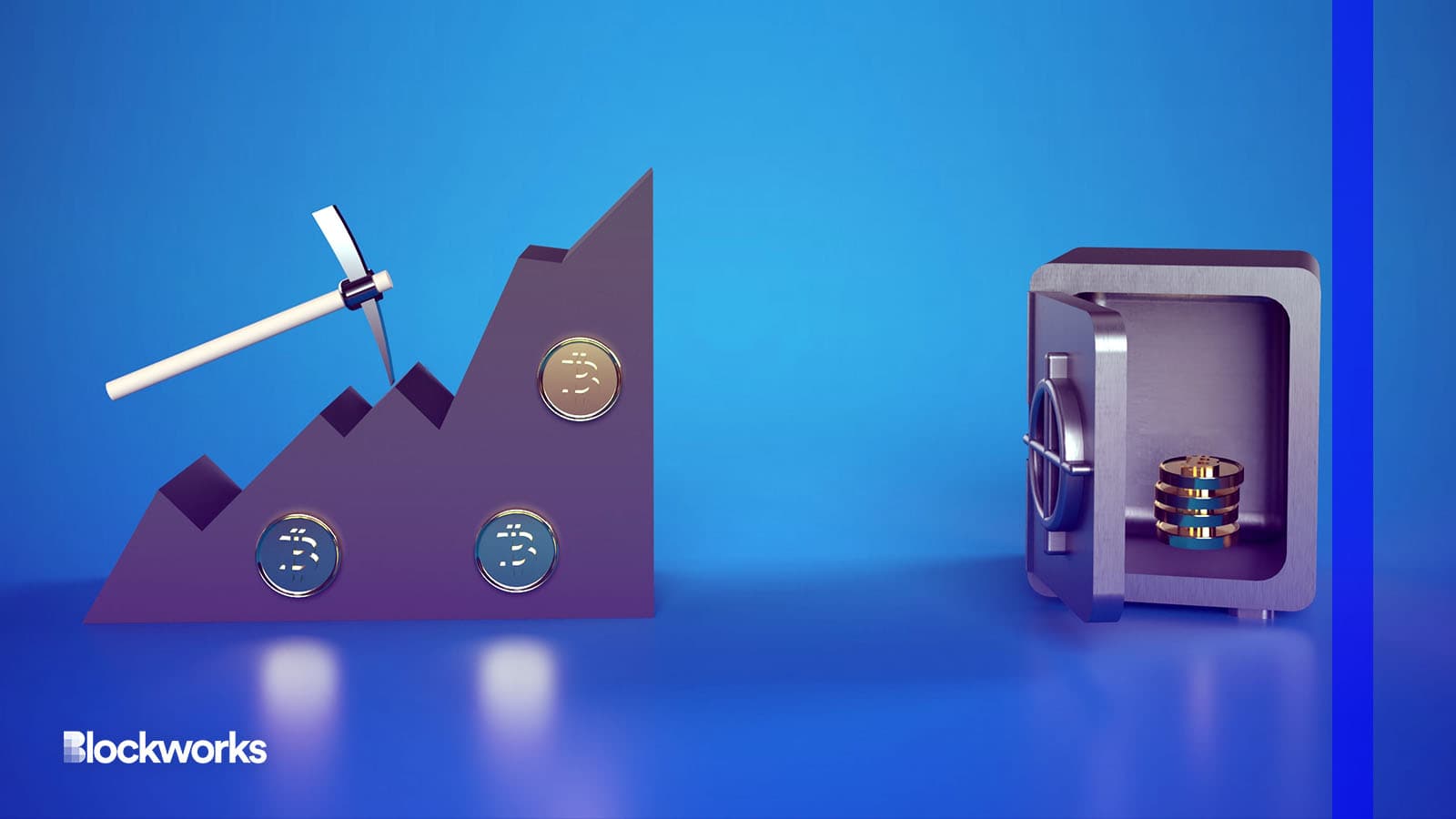Can Any Blockchain Compete on Security With Bitcoin?
Morgan Creek Capital’s Mark Yusko argues that when it comes to security, no other blockchain comes close to Bitcoin

Sparkcapacitor/Shutterstock, modified by Blockworks
Knowledgeable crypto enthusiasts — most of them, anyway — would generally agree that the Bitcoin network, thanks to its highly competitive and tamper-resistant proof of work blockchain design, is the most secure decentralized blockchain network in the world.
And for many, the competition isn’t even close. According to its strongest loyalists, sometimes referred to as bitcoin “maximalists,” all other protocols are nothing more than inferior knock-offs that will inevitably fall into irrelevance, given enough time.
While Mark Yusko, founder of Morgan Creek Capital doesn’t consider himself a maxi, he does contend that the next closest competitor is, at the very best, a distant second in the rankings.
In an interview with Mike Ippolito on Blockworks’ On the Margin podcast, Yusko asks, “What’s the safest, most secure computing network the world has ever known?”
“The Bitcoin blockchain. And it’s not close, right?”
Ippolito pushes back, asking, “You don’t think Ethereum‘s close in terms of the settlement guarantees?”
“I don’t think it’s close,” Yusko replies.
It’s like comparing prestigious business schools, Yusko says. The top schools are recognized and agreed upon by everybody: “Harvard,” then gesturing downward, “Stanford — and then everybody else who thinks they’re number three.”
“I will argue, bitcoin’s number one. Ethereum’s a pretty big step down.”
“I’m still not convinced — and I’m willing to be convinced — that proof-of-stake is as secure as proof of work.”
“It could be that I just don’t understand the technology well enough,” he admits, but “proof of work is at least one order of magnitude more secure than proof of stake.”
Different roadmaps
Ippolito argues that the two blockchains serve different purposes. “I like both of them. I just don’t view them as being competition. I think they’re very different things.”
“In order to really, truly love bitcoin and have it be the vast majority, like, the only holding that you have,” Ippolito says, “you have to have a pretty dim view of what’s going to happen in the future.”
Ippolito admits, “there’s probably some sort of reckoning coming and that’s why I like bitcoin.”
“That said, there’s not much to do on that network.”
With Ethereum, Ippolito says, so many applications are being built for a variety of purposes including borrowing and lending for yield, money market funds, and so forth. “That, to me, is more intellectually interesting and draws a lot of my mindshare.”
What makes the Bitcoin network such a great store of store value also makes it very difficult to build applications on top of it in the same way as Ethereum, Ippolito says.
“They’ve pursued two different roadmaps,” he argues.
One chain to rule them all
“Look, we are tribal at our core,” Yusko says.
“I hear the maxis drone on, and I just ignore the nonsense of it, the toxic part of it.”
“If DeFi can be built successfully on the bitcoin blockchain,” he says, with functions built on top that resemble traditional finance layers like Fedwire, ACH, and Visa, “then we can have one chain to rule all chains.”
“But I’m open,” Yusko says, “I’m not going to ignore the fact — there’s lots of interesting things being built in Ethereum.”
Get the news in your inbox. Explore Blockworks newsletters:
- The Breakdown: Decoding crypto and the markets. Daily.
- 0xResearch: Alpha in your inbox. Think like an analyst.






